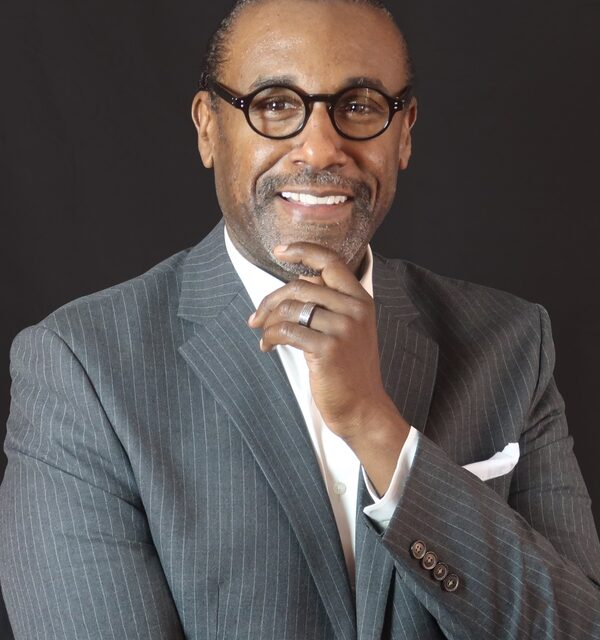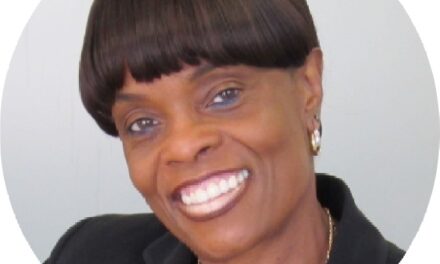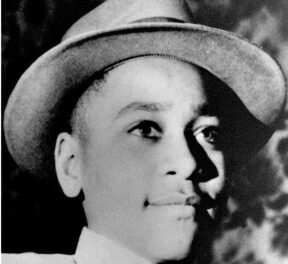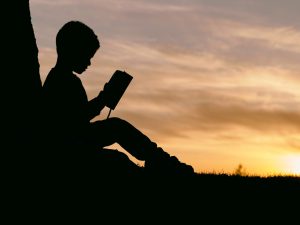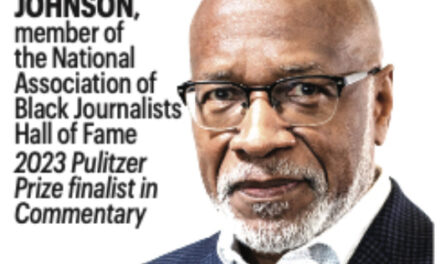
By Marnita Coleman,
Special to the AFRO
Bishop C. Guy Robinson, pastor of The Tabernacle of the Lord Church and Ministries in West Baltimore, is on a journey to normalize mental wellness from his pulpit. Known as a “mental health theologian,” he believes partnerships between pastors and mental health professionals in service to the African-American community are critical.
Physical health and mental wellbeing are “inextricably” connected. Addressing social inequities organically addresses some of the ideology of trauma and mental distress. Bishop Robinson puts emphasis on Black pain particularly in light of the history of trauma, generational trauma and shared trauma.
“Just as the Black Church has become specialist in healing the spiritual aspects of Black pain, so too am I interested in integrating the particular nuances of Black pain in the Black experience to the Black psyche,” Robinson said. “It surprises people to know that the scriptures have a lot to say about our mental health. And there was actually a time when matters of faith, physical health, and mental health were all components of Christian theology.”
Robinson, an adjunct faculty instructor in the School of Social Work at Morgan State University, specializes in critical thinking, spirituality and religion in the helping traditions. He has a master of divinity degree from Howard University and a doctor of ministry degree in pastoral psychology and family counseling from Gordon-Conwell Theological Seminary.
Robinson says it is important to praise people for fighting injustice and certain diseases– not shun them. He is passionate about healing the human spirit. When it comes to reconciling health and wellness, about 40 percent of African-American churchgoers rely upon pastoral care as a primary source to navigate difficult life seasons.
According to a Church Answers’ poll, counseling and mental health issues such as depression and anxiety were the top most challenging topics pastors encounter. But, faith and spirituality remain an intricate part of the recovery process and treatment plan.
Amber Dortch, a licensed master social worker, cautions African Americans on what affects physical and mental health and to reduce stress in an effort to maintain a healthy body and a wholesome mind.
Dortch states that there are many paths to healing: self reflection, extending the olive branch to seeking professional counseling, or therapy to unpack past traumas, grief, loss and death. Supportive groups, regular doctor visits, exercise, vacation, quiet time, meditation and setting boundaries are pathways to help work out the kinks in your life and bring healing and restoration.
Dorch said it’s important to remember that if you don’t feel well in your body, you’re not going to tap into maximizing your capacity within that day.
Experts say pursuing physical and mental health on purpose is a way to release pleasure neurons to enjoy a quality, peaceful life.
The post The best of both worlds: Meet Bishop C. Guy Robinson,the Mental Health Theologian appeared first on AFRO American Newspapers .

